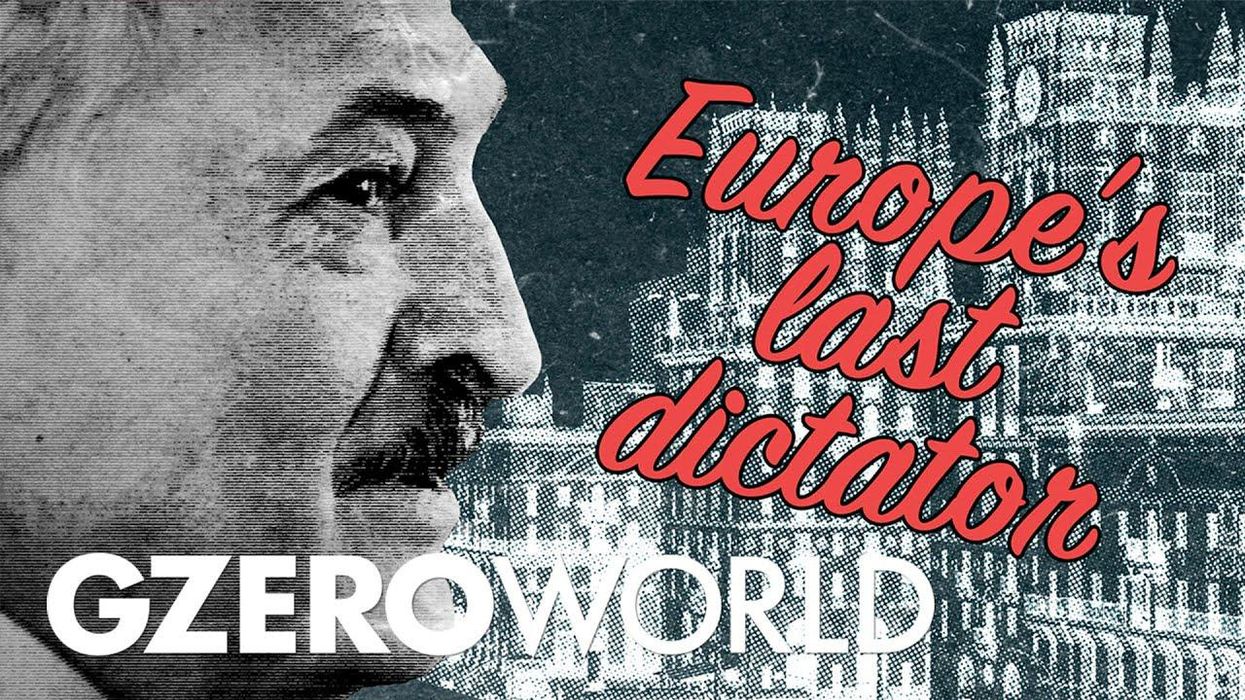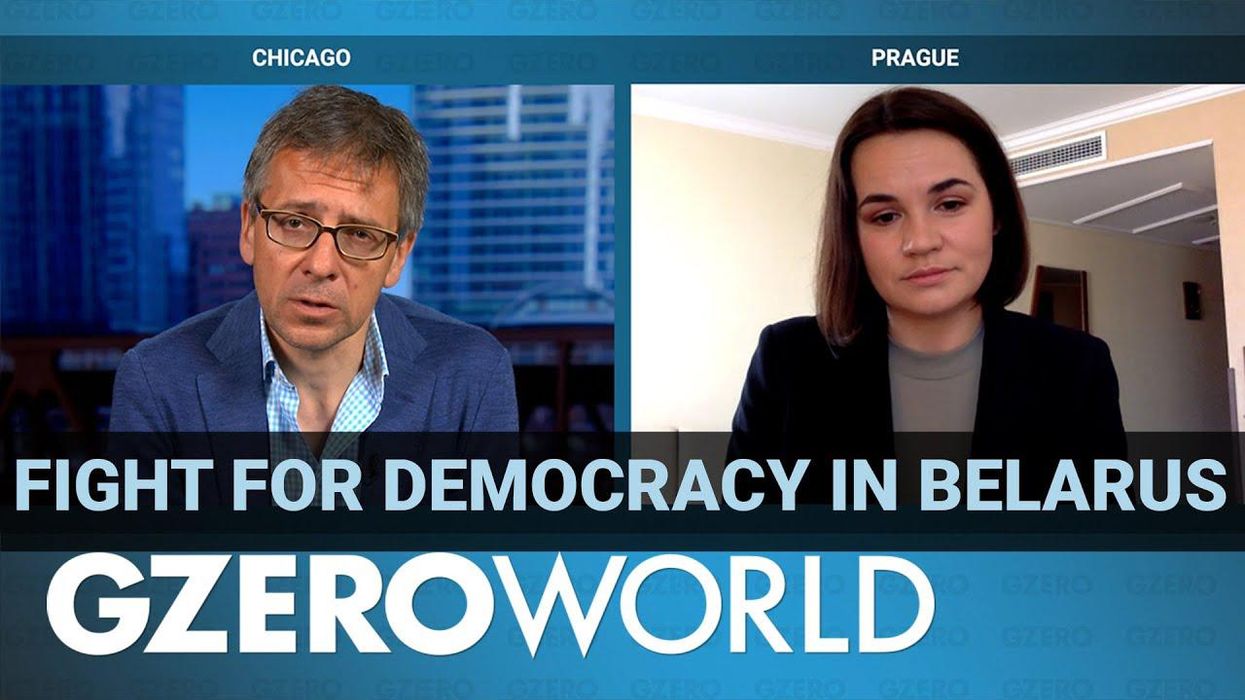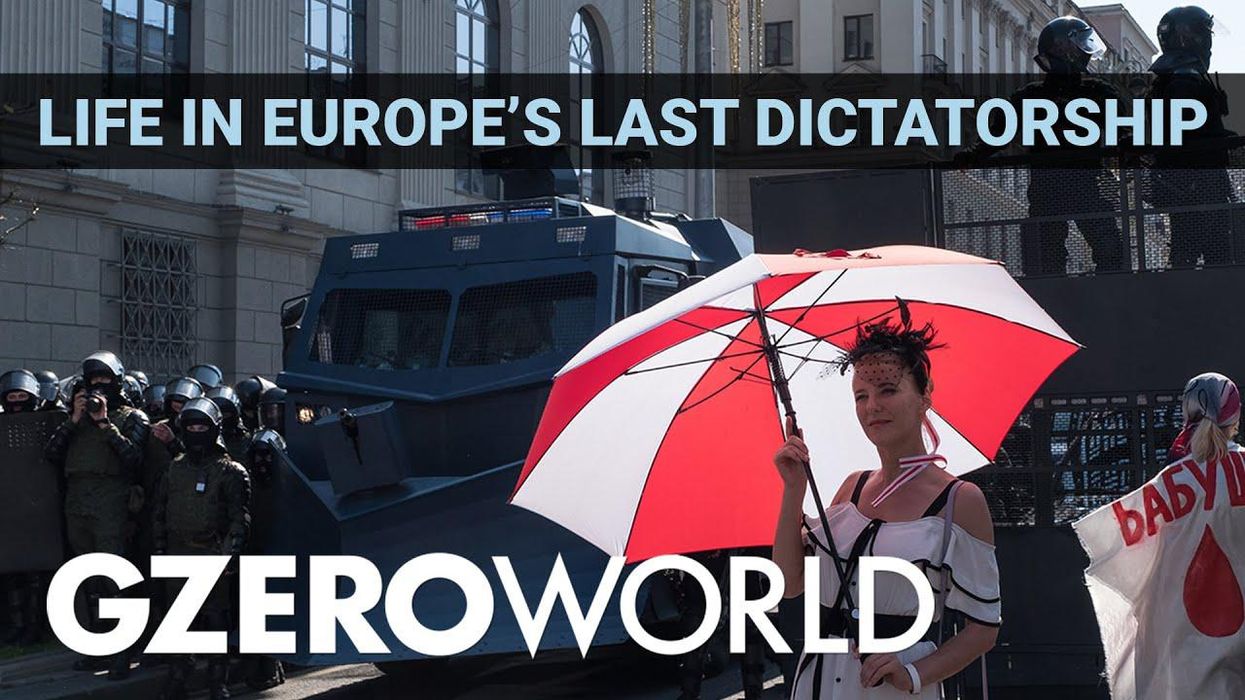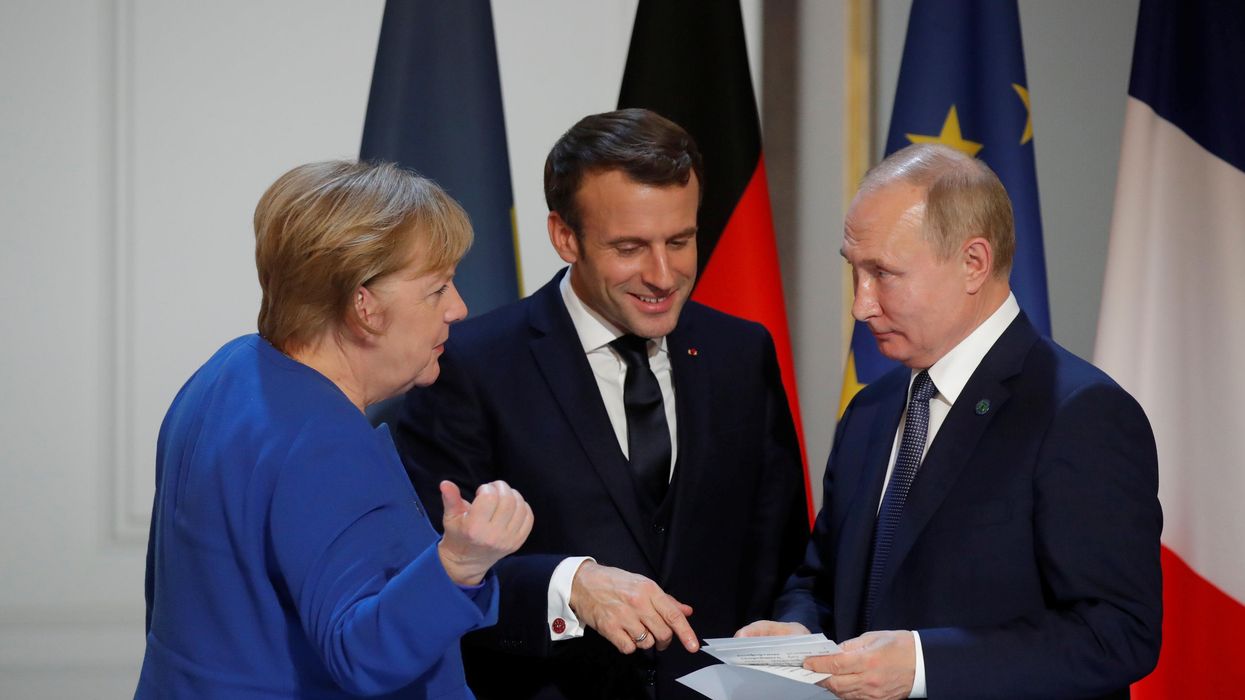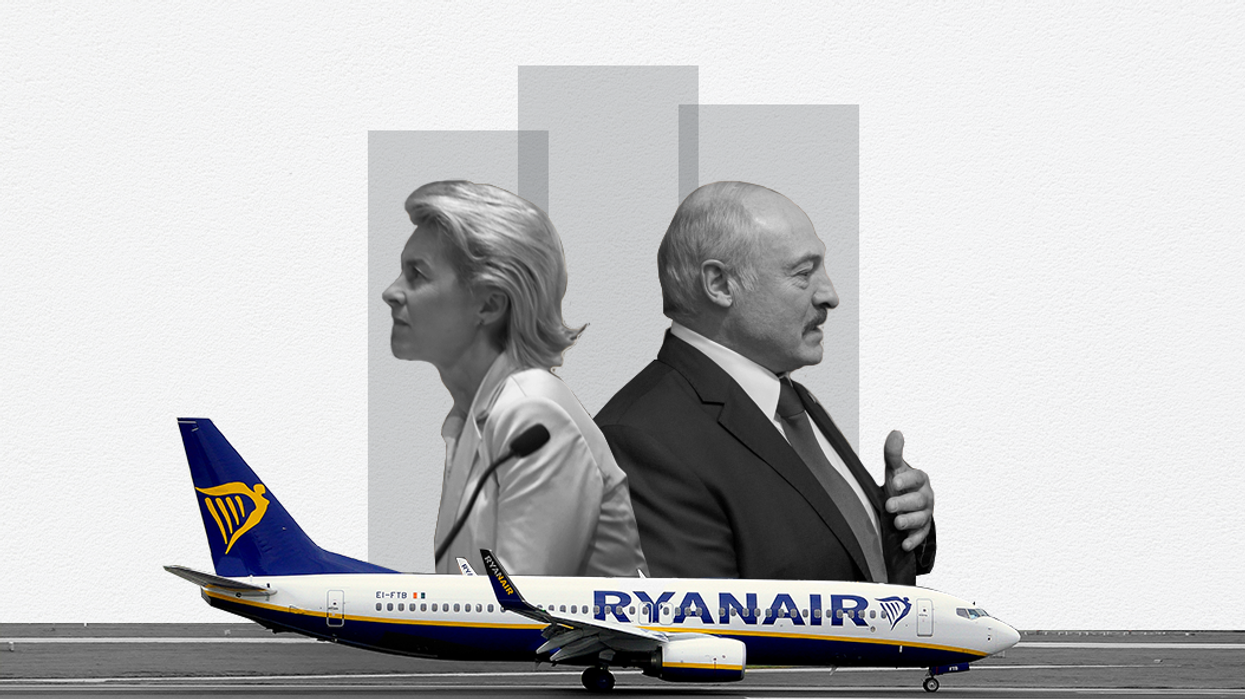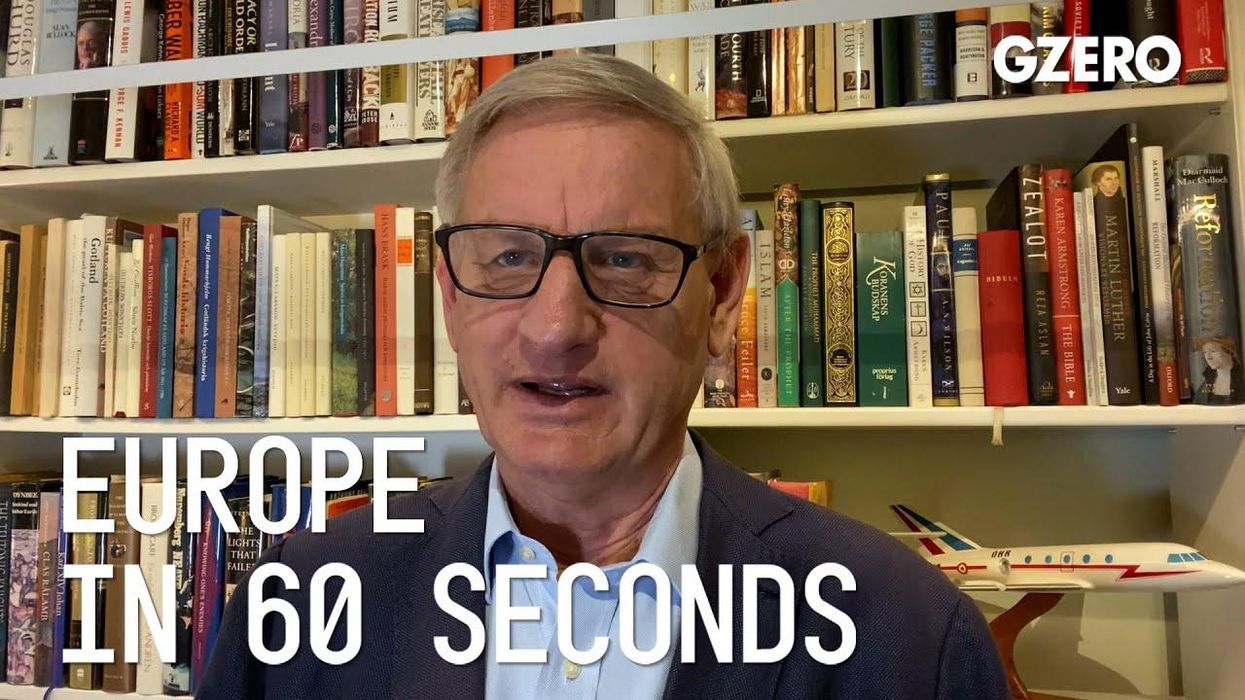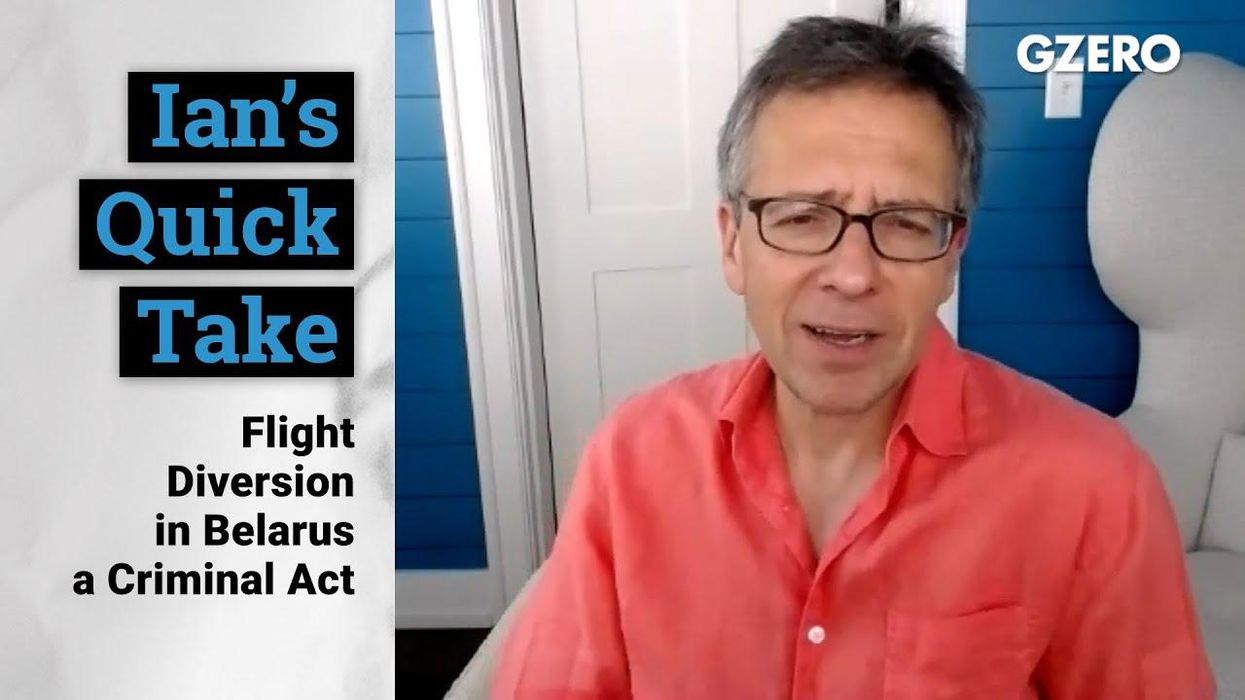GZERO World Clips
Europe’s last dictator, Belarusian President Alexander Lukashenko
Fraud and corruption have contributed to Belarusian President Alexander Lukashenko's reign since 1994. Ian Bremmer discusses whether a democratic transition is remotely possible in Belarus.
Jun 17, 2021
